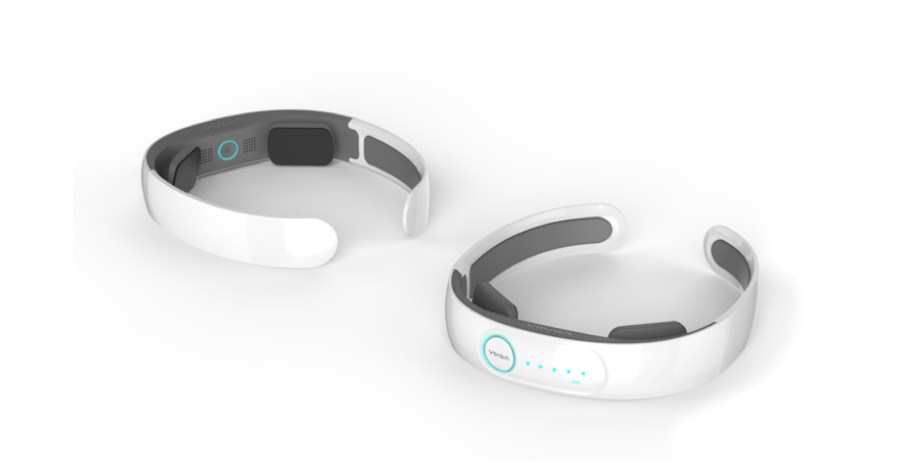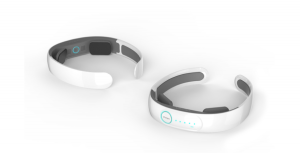New Wearable Device May Help Slow Alzheimer’s Progression
Written by |

 Alzheimer’s disease is the most common type of dementia that progressively deteriorates a person’s memory, cognition, and behavior, until accomplishing activities of daily living (ADLs) becomes difficult. Despite decades of intensive research, no one has yet to find a cure for Alzheimer’s. What are currently available are medications to help ease and slow symptom progression.
Alzheimer’s disease is the most common type of dementia that progressively deteriorates a person’s memory, cognition, and behavior, until accomplishing activities of daily living (ADLs) becomes difficult. Despite decades of intensive research, no one has yet to find a cure for Alzheimer’s. What are currently available are medications to help ease and slow symptom progression.
YBrain, a company composed of a group of Korean engineers, doctorate neuroscientists, and former Google employees, have researched and developed a device to help combat Alzheimer’s.
Seungyeon Kim, the company’s Chief of Operations, noted that through modern neuroscience they were able to create a wearable device that can stimulate specific parts of the brain via controlled electrical signals in order to lessen the severity of the wearer’s degenerative neurological condition, such as Alzheimer’s.
The wearable technology is equipped with a pair of sensors on a headband that can discharge 2 milliamperes (comparable to 1/8 of a smartphone’s output). The developers’ recommended usage is 30 minutes daily, 5 times a week for those already diagnosed with Alzheimer’s, and elderly people who have “mild cognitive impairment” — an early observation that could lead to dementia like Alzheimer’s.
[adrotate group=”3″]
The YBrain innovators have successfully raised the necessary funds for their project, and completed a fully functional prototype. Their first round of clinical trials started in Korea just last month. If all goes well, YBrain can proceed with their projected full product launch come early 2015.
YBrain’s device may prove to be most useful during the earlier phases of this disease. In a recent report, a team of investigators from the University of Stanford may have discovered new early signs of Alzheimer’s disease, thanks to the identifiable presence of a particular molecule. Click here to learn more.





